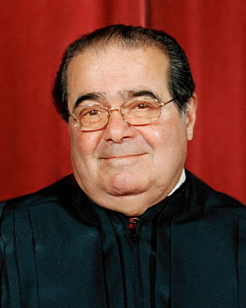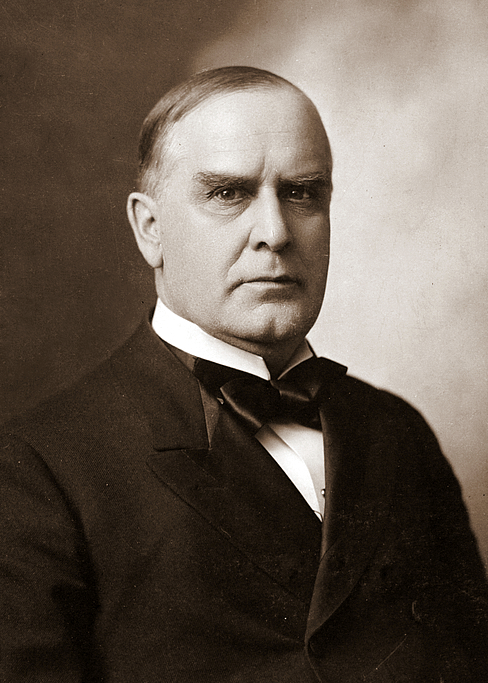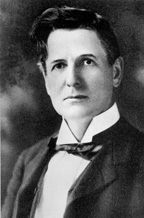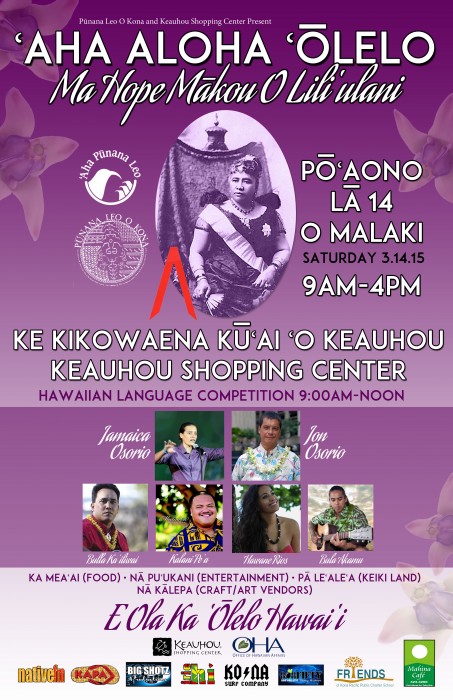PRESS RELEASE
FOR IMMEDIATE RELEASE
March 27, 2015
Maui Circuit Court Judge takes Judicial Notice that the Hawaiian Kingdom still Exists and State of Hawai‘i Courts lack Subject Matter Jurisdiction
HONOLULU, HAWAI‘I—Today, Dexter K. Kaiama, attorney for Kaiula Kalawe English and Robin Wainuhea Dudoit, filed a petition for a writ of mandamus with the Hawai’i Supreme Court in Honolulu seeking an order to compel Judge Joseph E. Cardoza to dismiss the 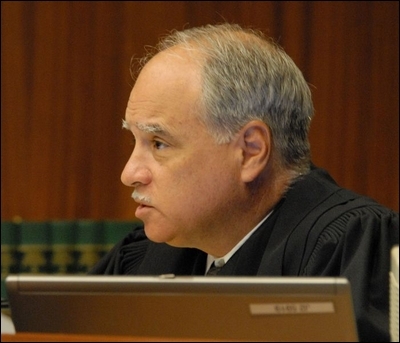 criminal cases against his clients because Judge Cardoza took judicial notice that the Hawaiian Kingdom continues to exist, which admits that the State of Hawai‘i did not have subject matter jurisdiction over the arrests and criminal proceedings. Judge Cardoza refused to dismiss the criminal complaints despite taking judicial notice that the court does not have subject matter jurisdiction.
criminal cases against his clients because Judge Cardoza took judicial notice that the Hawaiian Kingdom continues to exist, which admits that the State of Hawai‘i did not have subject matter jurisdiction over the arrests and criminal proceedings. Judge Cardoza refused to dismiss the criminal complaints despite taking judicial notice that the court does not have subject matter jurisdiction.
Click here to download the Petition for Mandamus.
English and Dudoit were two of four Molokai fishermen alleged to have boarded another fishing boat from the island of O‘ahu off the coast of Molokai and threatening those on board. The Associated Press reported, “Some Molokai residents are hailing four arrested fishermen as heroes for protecting their island’s resources from outsiders.” Hanohano Na‘ehu said after the arraignment where all four fishermen pleaded not guilty, “This happening is a great way to highlight that people have been coming from different islands to Molokai to rape, pillage and raid our resources for the longest time.” He also stated, “For us on Molokai, these four individuals are heroes. All they were doing was protecting the resources for our families, for our communities, for our island.”
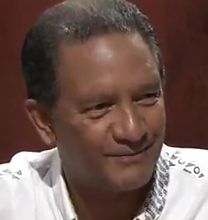 Kaiama filed a motion to dismiss the criminal cases against his clients on February 6, 2015, and an evidentiary hearing was held in the Second Circuit Court in Wailuku, Island of Maui before Judge Cardoza on March 5. Kaiama’s motion to dismiss relied on the research and expertise of David Keanu Sai, Ph.D., a Hawai‘i political scientist, whose research is focused on the continued existence of the Hawaiian Kingdom as an independent state. Included in Kaiama’s motion to dismiss was an extensive legal brief authored by Dr. Sai.
Kaiama filed a motion to dismiss the criminal cases against his clients on February 6, 2015, and an evidentiary hearing was held in the Second Circuit Court in Wailuku, Island of Maui before Judge Cardoza on March 5. Kaiama’s motion to dismiss relied on the research and expertise of David Keanu Sai, Ph.D., a Hawai‘i political scientist, whose research is focused on the continued existence of the Hawaiian Kingdom as an independent state. Included in Kaiama’s motion to dismiss was an extensive legal brief authored by Dr. Sai.
Kaiama’s motion to dismiss centered on two precedent cases from the Hawai‘i Intermediate Court of Appeals (ICA), State of Hawai‘i v. Lorenzo in 1994 and Nishitani v. Baker in 1996. These cases stated that if defendants are challenging the jurisdiction of the court by claiming the Hawaiian Kingdom continues to exist today as an independent state, they have a burden to provide “a factual (or legal) basis for concluding that the Kingdom exists as a state.” If defendants are successful in providing conclusive evidence, the trial court must dismiss the case.
The Lorenzo case came on the heels of the United States Congress passing a law in 1993 apologizing for the illegal overthrow of the government of the Hawaiian Kingdom by the United States on January 17, 1893. In light of the admitted illegality by the United States, the ICA stated in the Lorenzo case, that the “illegal overthrow leaves open the question whether the present governance system should be recognized.”
Since 1994, this has been an open legal question and the Hawai‘i courts have repeatedly denied motions to dismiss because the defendants have failed to provide conclusive evidence of the Hawaiian Kingdom’s existence as a state under international law. These decisions have been routinely confirmed on appeal.
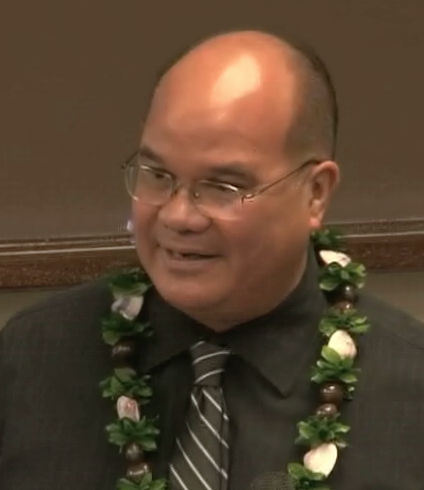 At the March 5 hearing on the island of Maui, Dr. Sai was acknowledged as an expert witness for the defense by Judge Cardoza without objection from the Deputy Prosecuting Attorney Lloyd Phelps.
At the March 5 hearing on the island of Maui, Dr. Sai was acknowledged as an expert witness for the defense by Judge Cardoza without objection from the Deputy Prosecuting Attorney Lloyd Phelps.
Click here to download the transcript of the Evidentiary hearing, which is Exhibit “4” of the Petition for Mandamus.
After being qualified as an expert witness, Kaiama asked, “Dr. Sai, based on all of your research, based on your background and your education and this specialty, you understand that on behalf of my clients I am bringing a motion to dismiss for lack of subject matter jurisdiction?” Dr. Sai responded, “Yes.”
Kaiama then asked, “Based on all of your research and your expertise in this area, Dr. Sai, have you reached any conclusions about this, and can you tell us what your conclusions are?” In response, Dr. Sai stated, “the Court would not have subject matter jurisdiction as a result of international law.”
Kaiama then followed up with, “And if you can explain or perhaps expand on that explanation and tell us why the Court does not have subject matter jurisdiction in this case?” For the next thirty-five minutes Dr. Sai provided a historical and legal narrative that began when Great Britain and France jointly recognized the Hawaiian Kingdom as an independent state on November 28, 1843, to the current situation of the Hawaiian Kingdom being occupied by the United States today since the Spanish-American War in 1898. Dr. Sai presented facts, law and other evidence that the Hawaiian Kingdom as a state was never extinguished by the United States, and, therefore, by a principle known in international law as the presumption of continuity, the Kingdom still exists.
At no time did Deputy Prosecutor Phelps object to Dr. Sai’s expert testimony and when Judge Cardoza asked if the prosecution had any questions for Dr. Sai after Kaiama concluded his questions, Phelps stated, “Your Honor, the State has no questions of Dr. Sai. Thank you for his testimony. One Army officer to another, I appreciate your testimony.” Dr. Sai did state that he was a retired captain from the Army. Prosecutor Phelps served as a former Army Staff Judge Advocate officer.
After Dr. Sai’s testimony, Kaiama requested Judge Cardoza to take judicial notice of all the evidence of the Hawaiian Kingdom’s existence, which included Dr. Sai’s written brief. When Judge Cardoza asked, “What’s the prosecution’s position?” The prosecution responded, “No objection, your Honor.” Judge Cardoza then stated, “there being no objection, the Court will take judicial notice as requested.”
Click here to download the Dr. Sai’s legal brief titled “The Continuity of the Hawaiian State and the Legitimacy of the acting Government of the Hawaiian Kingdom,” which is a part of Exhibit “1” of the Petition for Mandamus.
“Once judicial notice was taken of the evidence that the Hawaiian Kingdom continues to exist as a state, it is considered indisputable and true,” according to Kaiama. “Judicial notice is a very significant ruling on evidence and when the court took judicial notice, it said that it is conclusive that the Hawaiian Kingdom exists,” said Kaiama. “And according to the precedent cases of State of Hawai‘i v. Lorenzo and Nishitani v. Baker, the trial court was compelled to dismiss the criminal cases against my clients.”
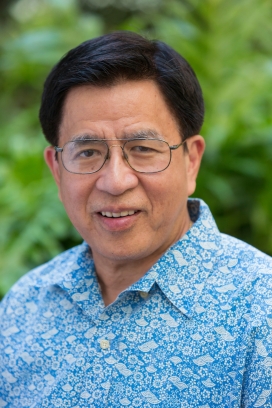 “This is the first time that a judge has taken judicial notice—meaning he has accepted under the Rules of Evidence, without protest, the whole set of findings that lead to the conclusion that the Hawaiian Kingdom exists,” said Williamson Chang, a senior law professor at the University of Hawai‘i Richardson School of Law. “This is groundbreaking.”
“This is the first time that a judge has taken judicial notice—meaning he has accepted under the Rules of Evidence, without protest, the whole set of findings that lead to the conclusion that the Hawaiian Kingdom exists,” said Williamson Chang, a senior law professor at the University of Hawai‘i Richardson School of Law. “This is groundbreaking.”
“The point is that judicial notice is a finding that acknowledges ‘the sun rises in the East,’—a judge cannot therefore, in his decision deny this fact he took notice of and say, ‘I find that the sun rises in the West,’” explained Professor Chang. “The Court’s acceptance of the offered facts under the doctrine of judicial notice and the Court’s decision to not grant the motions to dismiss are clearly at odds. As such, attorney Dexter Kaiama was required to file a petition for mandamus to compel the judge to correct his ruling.”
In the petition for mandamus, Kaiama called the decision by Judge Cardoza a violation of common law and Hawai‘i’s plain error doctrine. In the petition plain error is defined as seriously affecting “the fairness, integrity, or public reputation of judicial proceedings, to serve the ends of justice, and to prevent the denial of fundamental rights.” The petition is seeking an order from the Hawai‘i Supreme Court directing Judge Cardoza to immediately dismiss the criminal complaints against his clients.
“The trial court cannot disregard twenty-one years of Hawai‘i case law,” said Kaiama. “In 1994, the Intermediate Court of Appeals provided keys to the door as to whether the Hawaiian Kingdom continues to exist, and in 2015, with keys in hand, we unlocked and pushed wide open that door by conclusively proving the Hawaiian Kingdom does exist.”
###
CONTACT: Dexter K. Kaiama, Esquire
Phone: (808) 284-5675
Email: cdexk@hotmail.com

